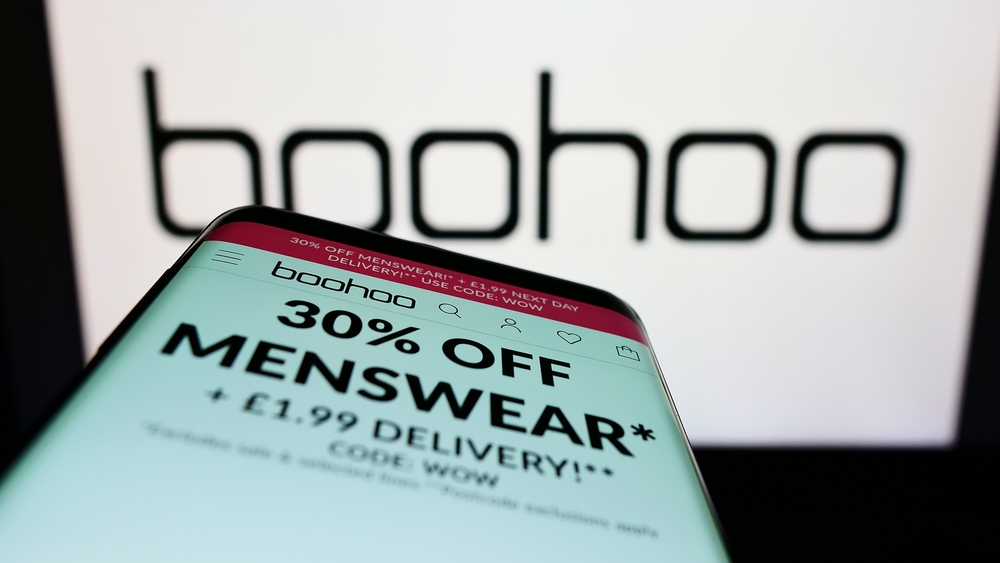Companies are and will increasingly be exposed to legal and reputational consequences if they are unable to substantiate their claims regarding the sustainability of their products and services , if the growing number of lawsuits is any indication, as well as the increasing attention paid by regulators worldwide to marketing linked to social and environmental responsibility. Lbrands are therefore well advised to avoid unsubstantiated and unverifiable claims, to avoid concealing information about the environmental impact of a product or service, to retain only positive environmental aspects and/or to exaggerate the environmental benefits of their efforts.

The plaintiff claims that H&M has implemented a vast marketing plan to “green” its products” in order to present them “as environmentally friendly when they are not”. One example shows that H&M presented “a particular product as being made with 30% less water” when the Higg website, from which H&M sourced this information, “showed that the item was “actually made with 31% more water, making it worse than conventional materials”.

In the UK, the Competition and Markets Authority (CMA) has launched an investigation to determine whether claims of environmental friendliness and sustainability made by fast fashion chains Asos, Boohoo and George at Asda constitute greenwashing.
